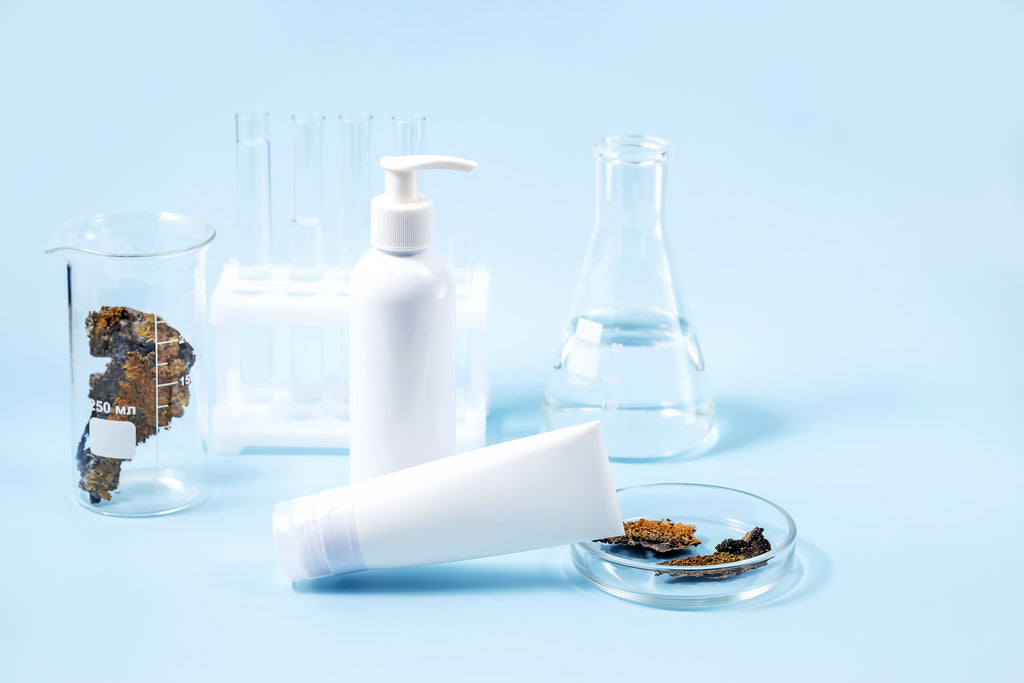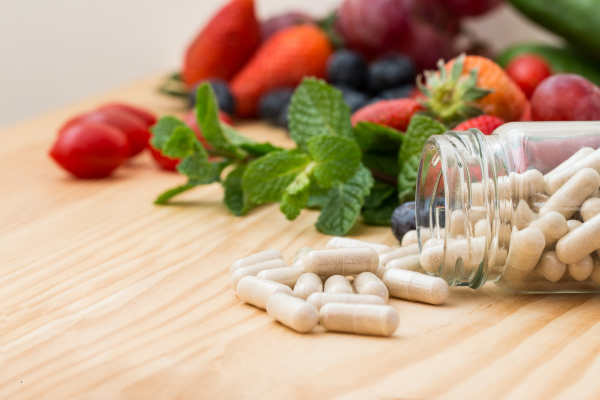
The Ultimate Guide to Retinol: Benefits, Myths, and How to Use It Safely

If you're searching for a clinically proven way to reduce wrinkles, even out skin tone, and boost radiance, retinol for ageing skin might be your holy grail. This powerhouse ingredient has earned its superstar status in the skincare world—and for good reason.
In this guide, we’ll explore what retinol does for your skin, the different types available, how to use it properly (especially if you're a beginner), and common myths that need debunking. Whether you're new to retinol or looking to refine your routine, this post will show you how to safely and effectively incorporate it for glowing, youthful-looking skin.
What Is Retinol and Why Is It So Popular?
Retinol is a derivative of vitamin A and is one of the most researched and recommended ingredients in dermatology. It works by accelerating cell turnover, meaning it helps your skin shed old, dull cells and replace them with fresh, healthy ones. The result? Smoother, brighter, firmer skin over time.
Proven Benefits of Retinol for Skin Health:
-
Reduces fine lines and wrinkles
-
Improves skin texture and tone
-
Fades hyperpigmentation and sunspots
-
Stimulates collagen production for firmer skin
-
Helps prevent and treat acne
-
Enhances skin radiance and glow
The Different Types of Retinol and Which One Is Right for You
Retinol isn’t a one-size-fits-all ingredient. It comes in several forms with varying strength and potency. Understanding these will help you choose the best one for your skin type and sensitivity level.
1. Retinol (Over-the-Counter)
-
Ideal for: Most skin types
-
Strength: Moderate
-
Available in serums, creams, and moisturisers
2. Retinal (Retinaldehyde)
-
Ideal for: Intermediate users
-
Strength: One step away from prescription-level retinoic acid
-
Benefits: Faster results with moderate irritation potential
3. Retinyl Palmitate
-
Ideal for: Sensitive skin or beginners
-
Strength: Mild
-
Good starting point if your skin tends to be reactive
4. Tretinoin (Retinoic Acid / Retin-A)
-
Ideal for: Acne-prone or mature skin (prescription only)
-
Strength: High
-
Directly active in the skin—no conversion needed
How Does Retinol Work on the Skin?
Retinol works by penetrating deep into the dermis, where it helps neutralise free radicals, stimulate collagen production, and speed up skin cell renewal. Over time, this results in fewer wrinkles, improved skin tone, and smaller-looking pores.
How to Use Retinol for Beginners (Without Irritating Your Skin)
Using retinol can feel intimidating, especially if you have sensitive skin. But with the right method, it can become one of the most rewarding parts of your routine.
Step-by-Step Guide:
-
Start Slow
Begin with a low concentration (0.25%–0.5%) 2–3 times per week to allow your skin to adjust. -
Apply at Night Only
Retinol can make skin more sensitive to UV light. Always apply it during your evening routine. -
Moisturise Generously
Follow up with a hydrating moisturiser to reduce dryness and irritation. Ingredients like ceramides or hyaluronic acid are great partners. -
Use Sunscreen Every Morning
This is non-negotiable! Retinol makes your skin more sun-sensitive, so SPF 30+ is a must. -
Don’t Mix with Harsh Actives
Avoid using other strong actives like AHAs, BHAs, or benzoyl peroxide in the same routine unless directed by a skincare professional.
Browse our range of retinols here
Common Myths About Retinol—Debunked
❌ Myth 1: All Retinol Products Work the Same
Truth: The formulation, delivery system, and supporting ingredients all affect performance. For example, microencapsulated retinol offers a slow-release effect that reduces irritation.
❌ Myth 2: Retinol Isn’t Safe for Sensitive Skin
Truth: Sensitive skin can still benefit from retinol—just start with a gentler form like retinyl palmitate or use a barrier-supporting routine alongside it.
❌ Myth 3: You Don’t Need Professional Help
Truth: A tailored retinol plan from a skincare professional can help you avoid irritation, optimise results, and choose the best supporting products for your goals.
Frequently Asked Questions About Retinol
1. What does retinol do for your face?
Retinol helps improve cell turnover, reduce fine lines, smooth texture, treat acne, fade dark spots, and promote collagen production, leading to firmer and clearer skin.
2. Can I use retinol every day?
Most beginners should start using retinol 2–3 times per week and gradually increase usage. Daily use is possible once your skin builds tolerance.
3. How long does it take for retinol to work?
You may notice smoother skin in 2–4 weeks, but visible reduction in wrinkles or pigmentation often takes 8–12 weeks of consistent use.
4. Can I use retinol with hyaluronic acid?
Yes! Hyaluronic acid is great to pair with retinol as it boosts hydration and helps counteract dryness or irritation.
5. Should I stop using retinol in summer?
No, but you must wear SPF every day. Retinol increases sun sensitivity, but stopping use in summer isn’t necessary with proper sun protection.
6. Is retinol safe during pregnancy or breastfeeding?
Retinol and other retinoids should be avoided during pregnancy and breastfeeding. Always consult your healthcare provider.
7. What is the best age to start using retinol?
Many dermatologists recommend starting retinol in your mid-to-late 20s to support collagen production and prevent early signs of ageing.






